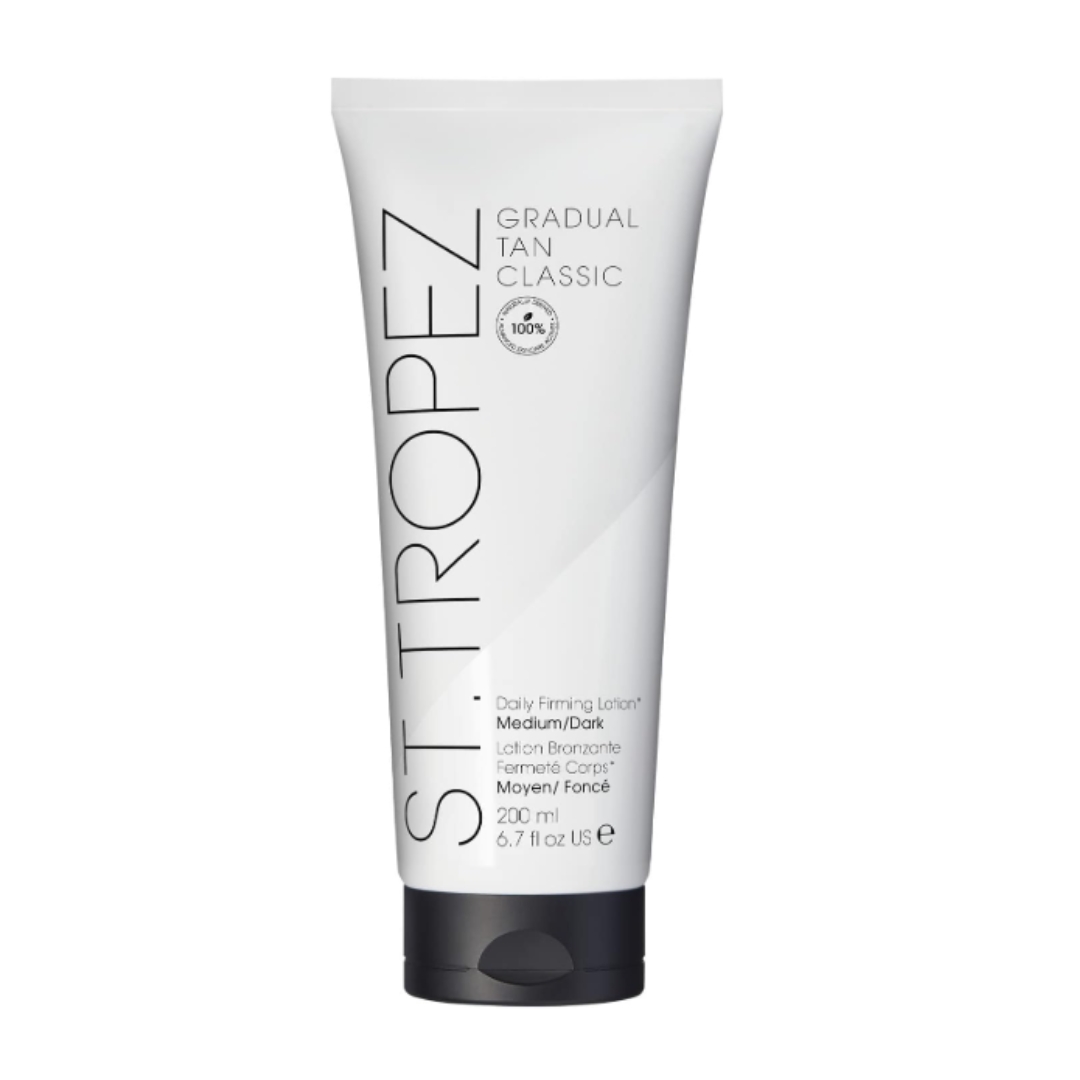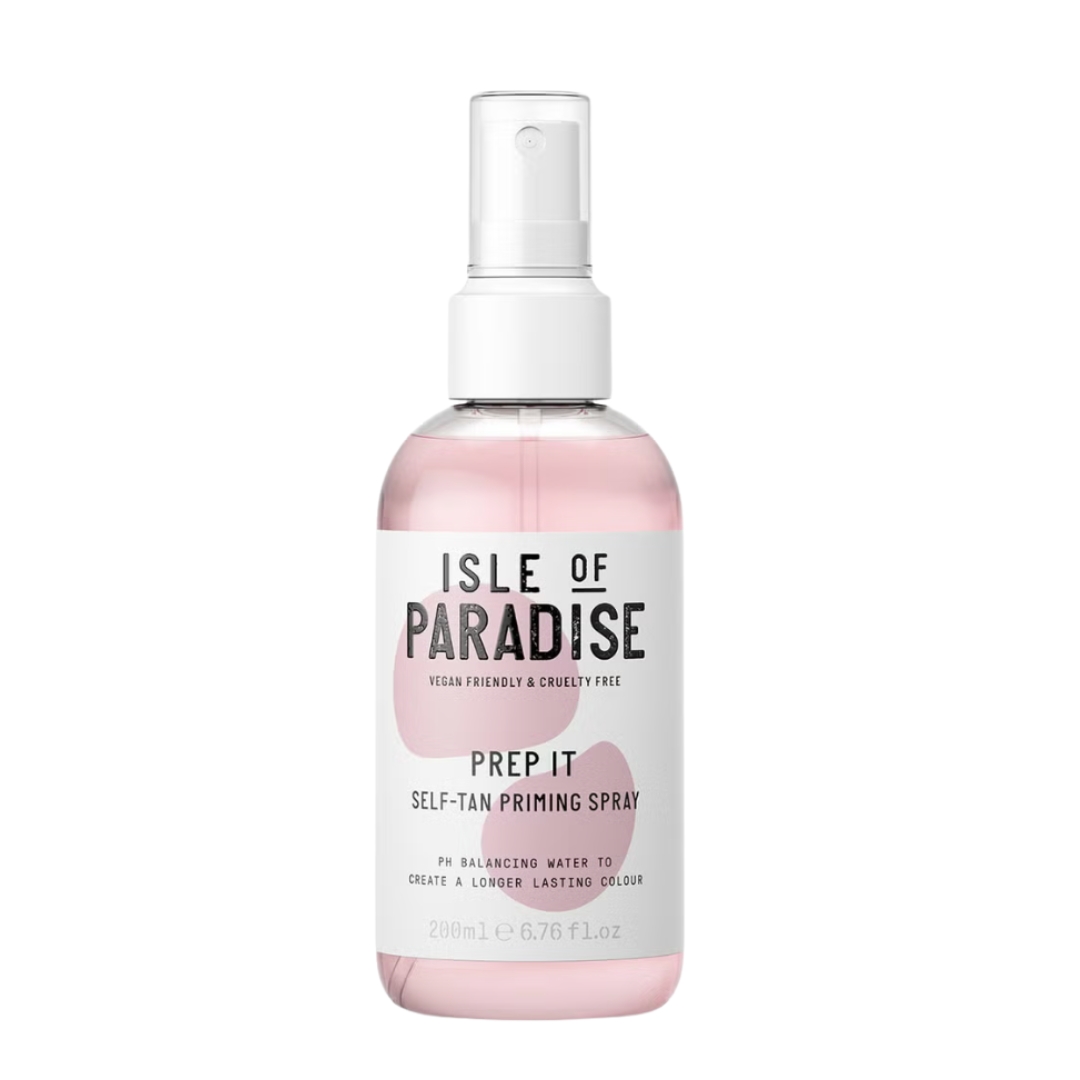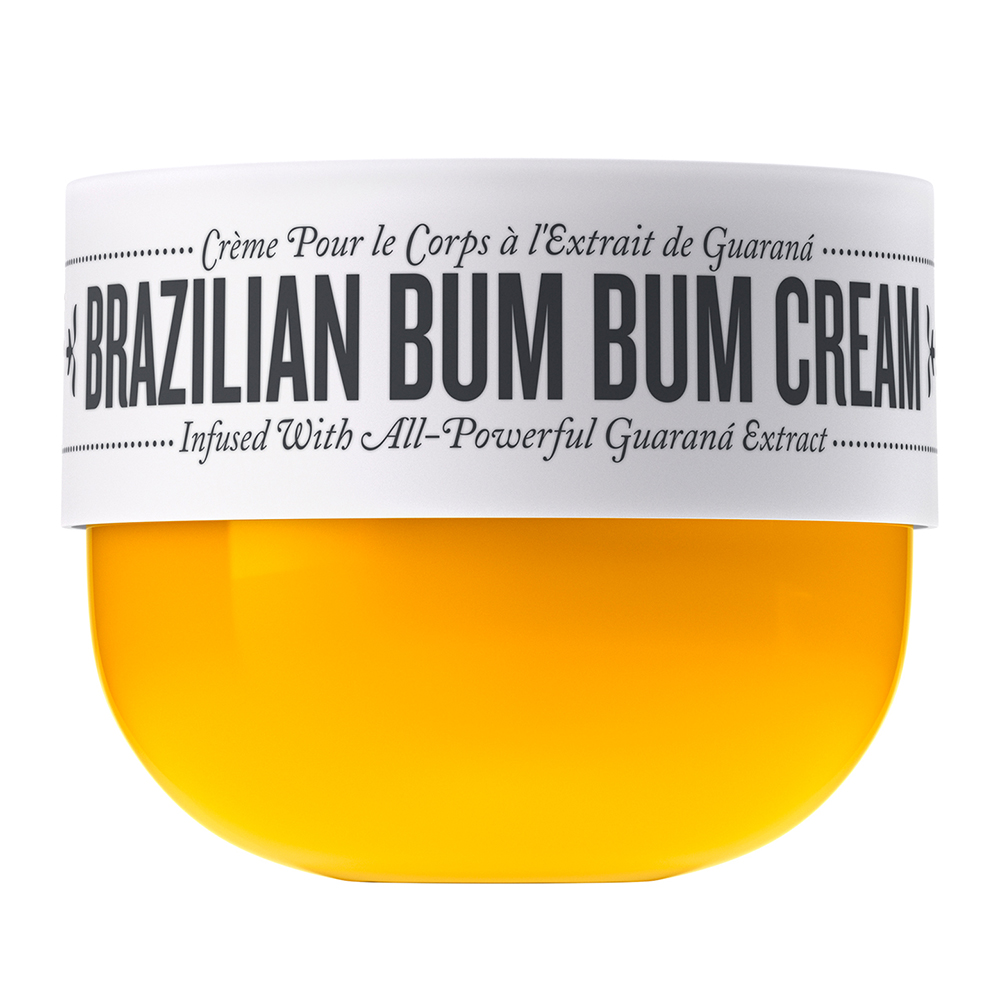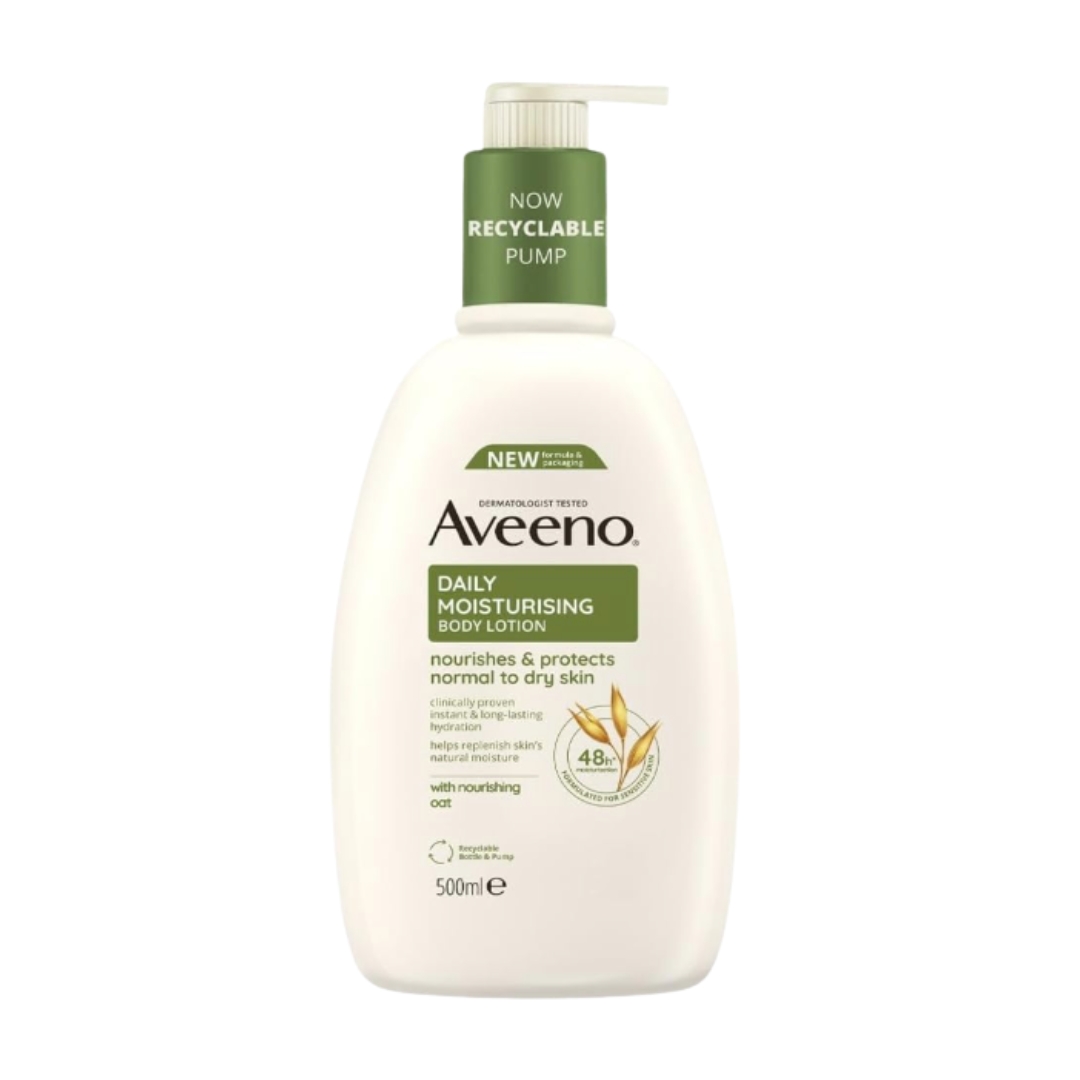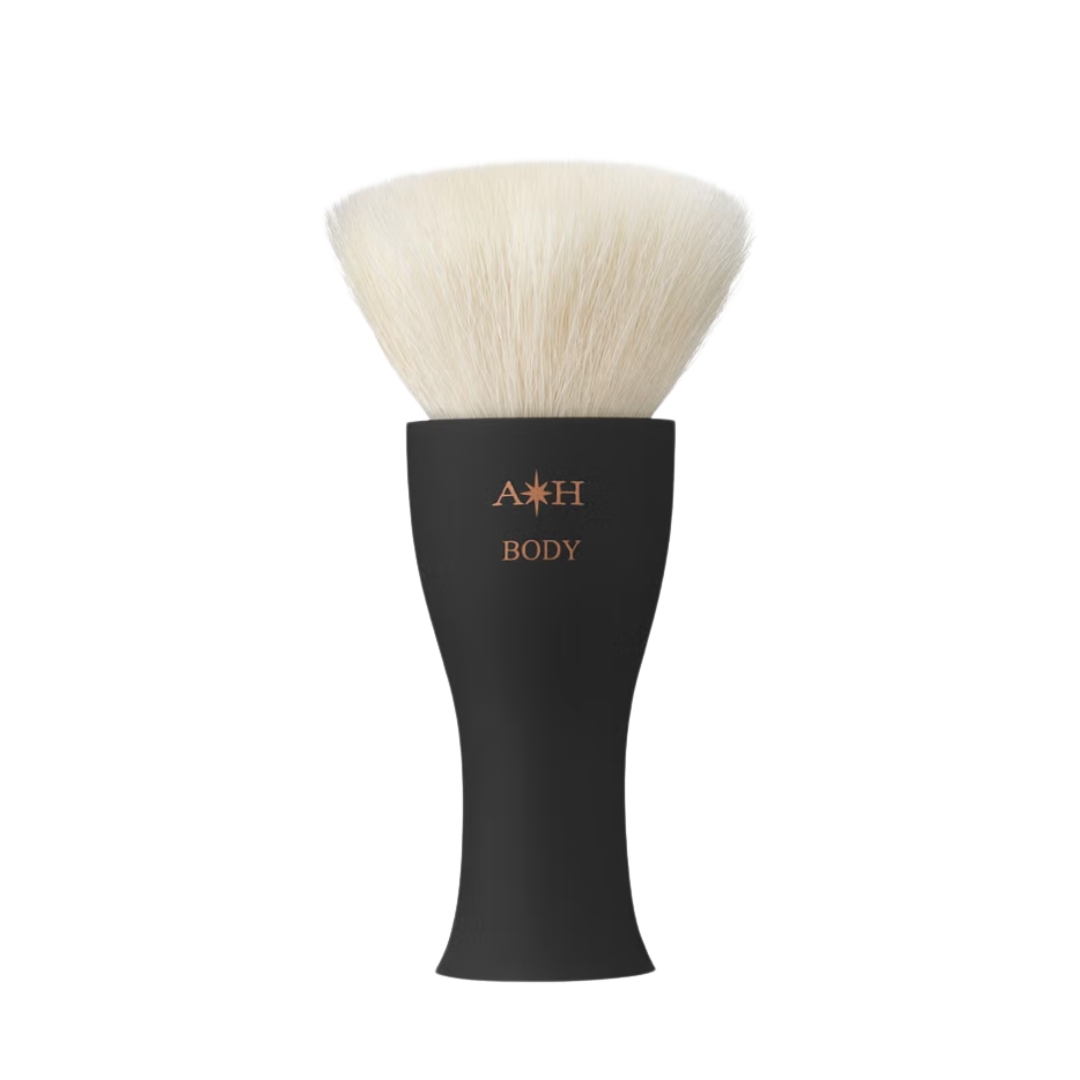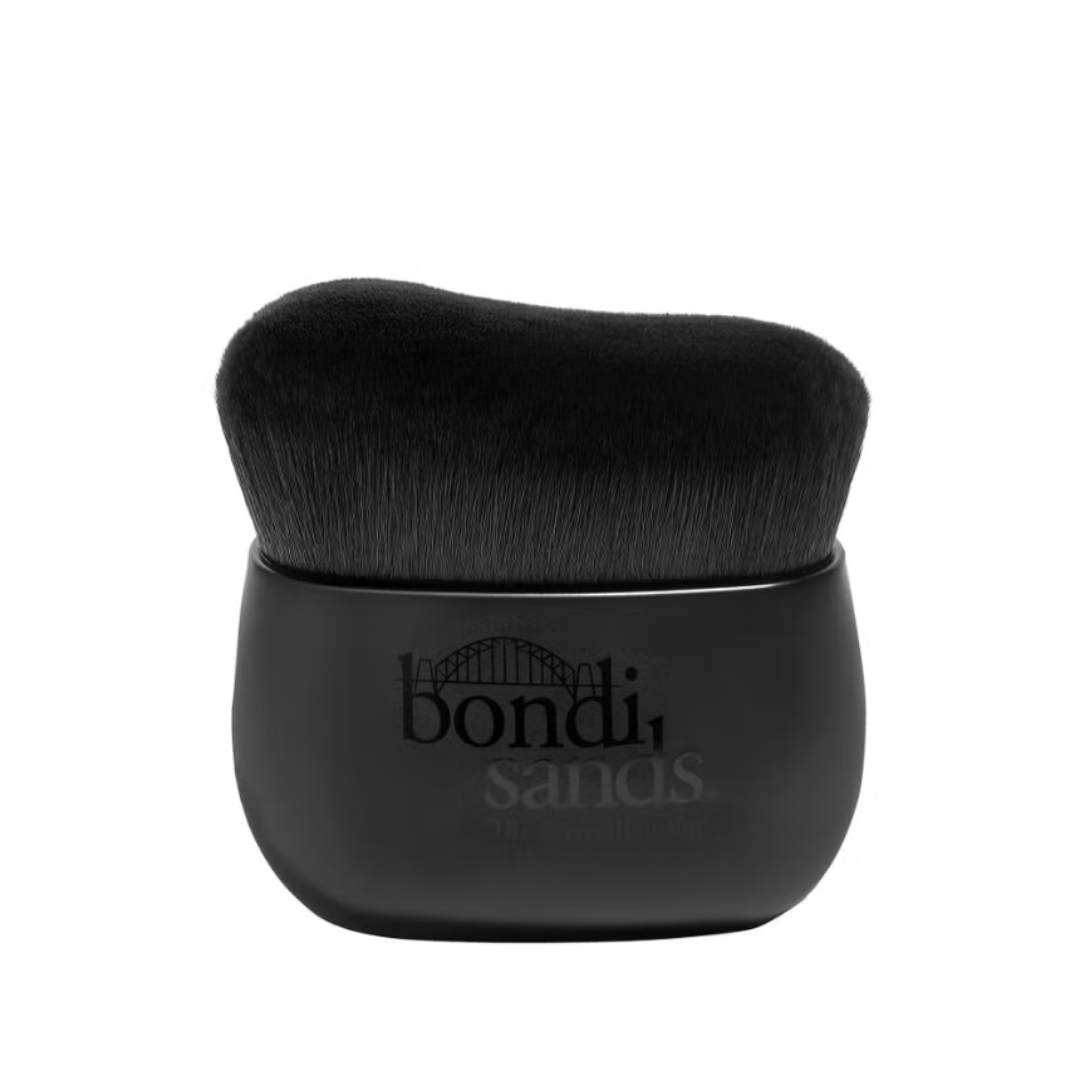How to fake tan like pro, with no streaks or orange palms in sight
From the essential prep steps to maintaining your sunkissed glow, here's everything you need to know about applying fake tan...
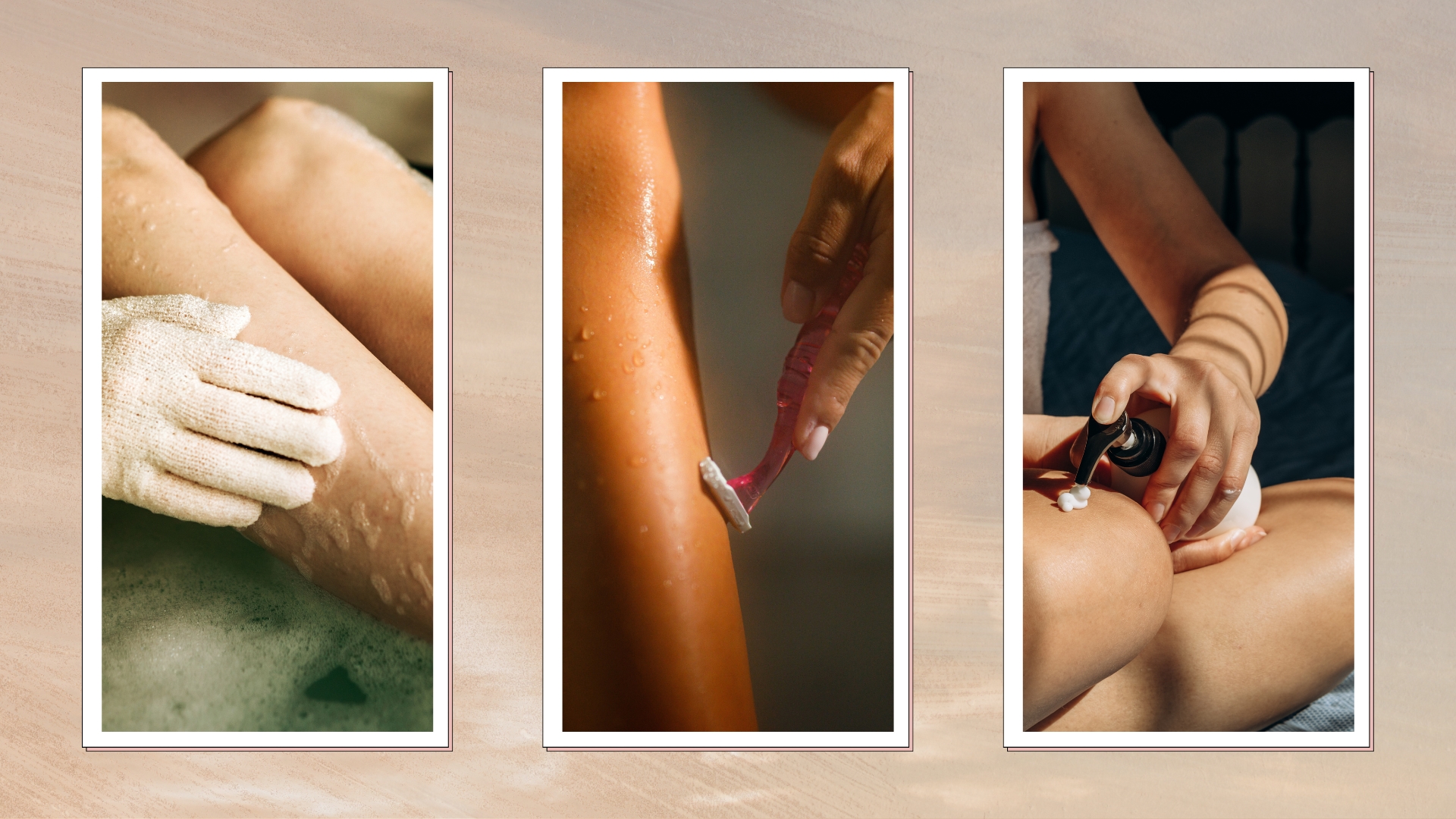

Naomi Jamieson
While it might seem straightforward, there are several steps to learning how to fake tan like a pro - from the correct prep to the overall application process.
First, there's the question of the best self-tan formulas themselves. Do you go for a mousse, cream or a mist? The pros would actually recommend a combination of them all, paired with a lighter, best fake tan for your face - that won’t settle into pores and generate breakouts. Then comes application, which is where many of the classic tanning mistakes can come into play. You'll need to decide whether a mitt, brush or glove will work best with your chosen formula. As mentioned, there's more to the fake tanning process than perhaps meets the eye.
Once you've mastered the basics though, streaky limbs and blotchy skin need no longer be part and parcel of your faux glow. So, to help you reap all the benefits of the best instant tans and the like, we've quizzed the experts on how to apply fake tan - from start to finish.
How to fake tan, with application tips from the pros
The best gradual tans and instant mists are designed to offer a quick, sunkissed glow to the skin but that doesn't mean you can simply slap them on and call it a day. If you want even and lasting coverage, there are a few steps to cover first - from selecting the right formula to preparing your skin pre-application - all of which, we've outlined below...
Your quick guide to fake tanning
If you need the quick version or are perhaps mid-fake tan regime and need a few expert pointers, here are the simplified steps you need to know...
- Choose the right formula: knowing the difference between a mist, mousse and tanning water is key. Gradual tans offer more subtlety, mousses can be easier to control (as there's no dripping etc) and when tanning your face, always opt for a specifically designed facial product.
- Exfoliate: Do this the morning or evening before you plan to tan, to buff away dead skin - focusing on your elbows, knees and back of your heels - as fake tans can cling to these areas. You can use a brush or scrub, but the pros also recommend taking a nice long bath either way, to soften and prep the skin.
- Remove hair: Dead skin cells are removed in the process of shaving and waxing, which is why these treatments are recommended 24 hours before tanning. Too soon, and the tan may irritate or settle into pores.
- Prime your skin: make sure there is no deodorant, fragrance or products with oils on your skin that might cause your tan to separate. The pros then recommend applying a simple moisturiser, barrier cream or a specifically designed tan primer, to help prep and hydrate your skin.
- Work your way down and in sections: when applying your tan, the pros recommend starting with your upper body first, before working down to your feet. Start with one arm, then the next and so on.
- Use circular motions: when applying your best tanning products, use long, circular motions either with a mitt (if you want to work quickly) or a brush, for more precision and a diffused finish.
- At the end, wipe your palms: To avoid orange hands, be sure to wipe your palms, nails and the area in between your fingers with a makeup wipe or micellar water.
- Avoid oils and baths: to maintain your new glow, opt for cool and quick showers rather than baths and pat your skin dry.
- Keep your skin hydrated: be diligent with your body lotions and moisturisers, as keeping your skin hydrated will prolong the life of your fake tan.
How to choose the right formula
Before we get into the nitty-gritty of how to apply fake tan, let’s make sure you’re using the right formula.
"If you’re new to self-tanning, try to make the actual tanning as easy as possible by opting for a product with a guide colour," advises tanning expert, James Harknett. Go for a gradual tan rather than anything too intense. Both of the above tips will go a long way towards avoiding any missed spots, and help you steer clear of streaks.
Sign up to our free daily email for the latest royal and entertainment news, interesting opinion, expert advice on styling and beauty trends, and no-nonsense guides to the health and wellness questions you want answered.
For tanning pro, Amanda Harrington, mousse formulas are the top pick for applying to the body. “A traditional tanning formula for many years, bronzing mousse is the only formula to use for a long-lasting body tan,” she says. The consistency of mousse makes it easy to control, too. There’s no dripping, nor will it heavily saturate your tanning mitt or brush. This makes it easy to smooth over build-up-prone areas such as dry skin on legs.
When it comes to applying fake tan to your face, however, the criteria is slightly different. Historically, it meant compromising on your skincare regime but new formulations mean that’s no longer the case. "If you love your current skincare regime, why not choose self-tan drops," says Jules Von Hep, tanning guru and founder of Isle of Paradise. "Add these into your usual moisturizer amount and apply to the skin."
"For the face, I always recommend a mist," says Amanda Harrington. "Due to the delicate texture of our faces, which showcases wrinkles and fine lines, a superfine, lightweight formula works best." Not all ingredients play nicely with fake tan (AHAs and oils can cause it to break down faster), so you may need to apply product more regularly to this area.
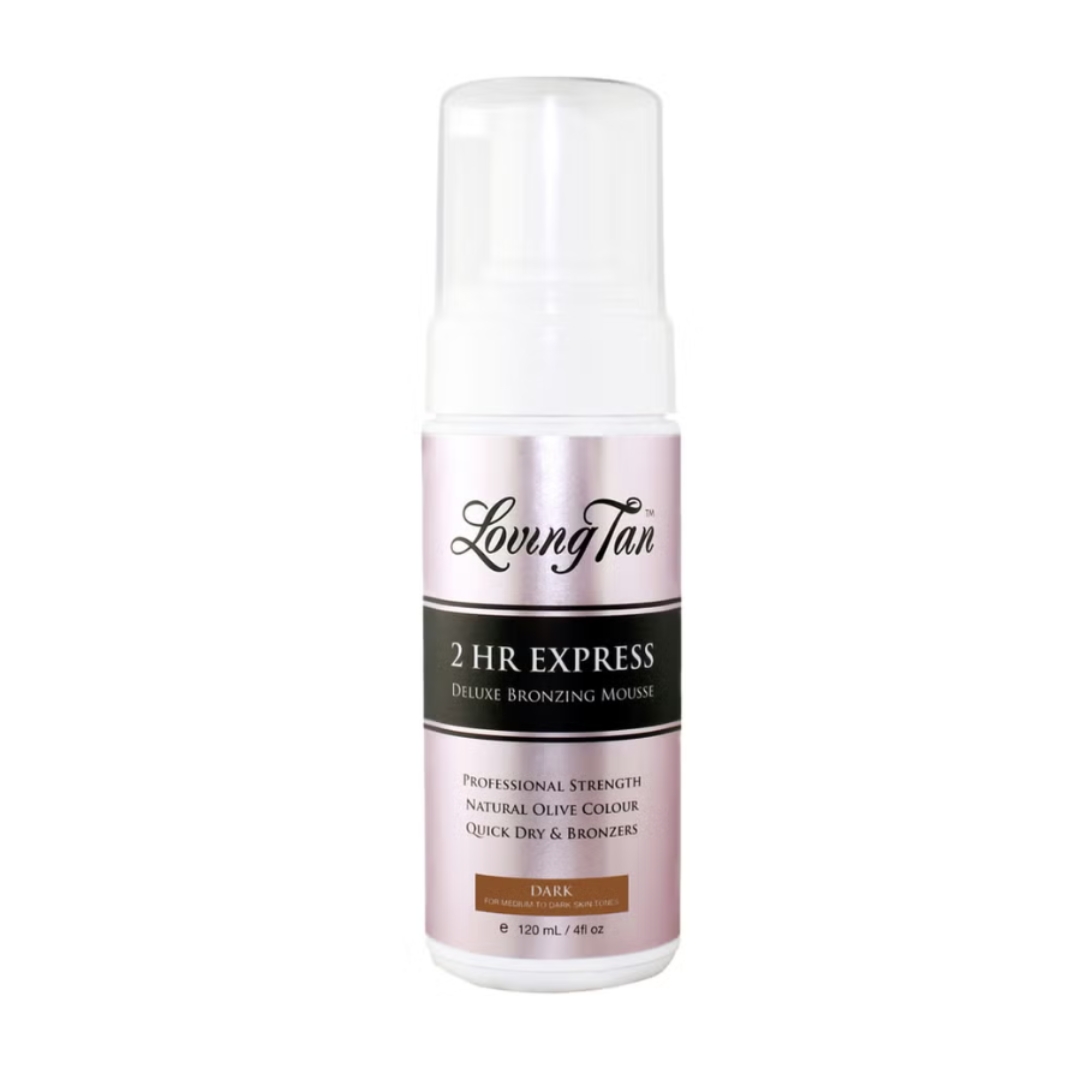
RRP: £36.95
As mentioned, tanning mousses are a great option for the body, as they're easy to control. This one from Loving Tan features colour guide technology and offers a natural-looking tan in just two hours. It's also formulated with aloe vera to hydrate your skin and increase the longevity of your tan.
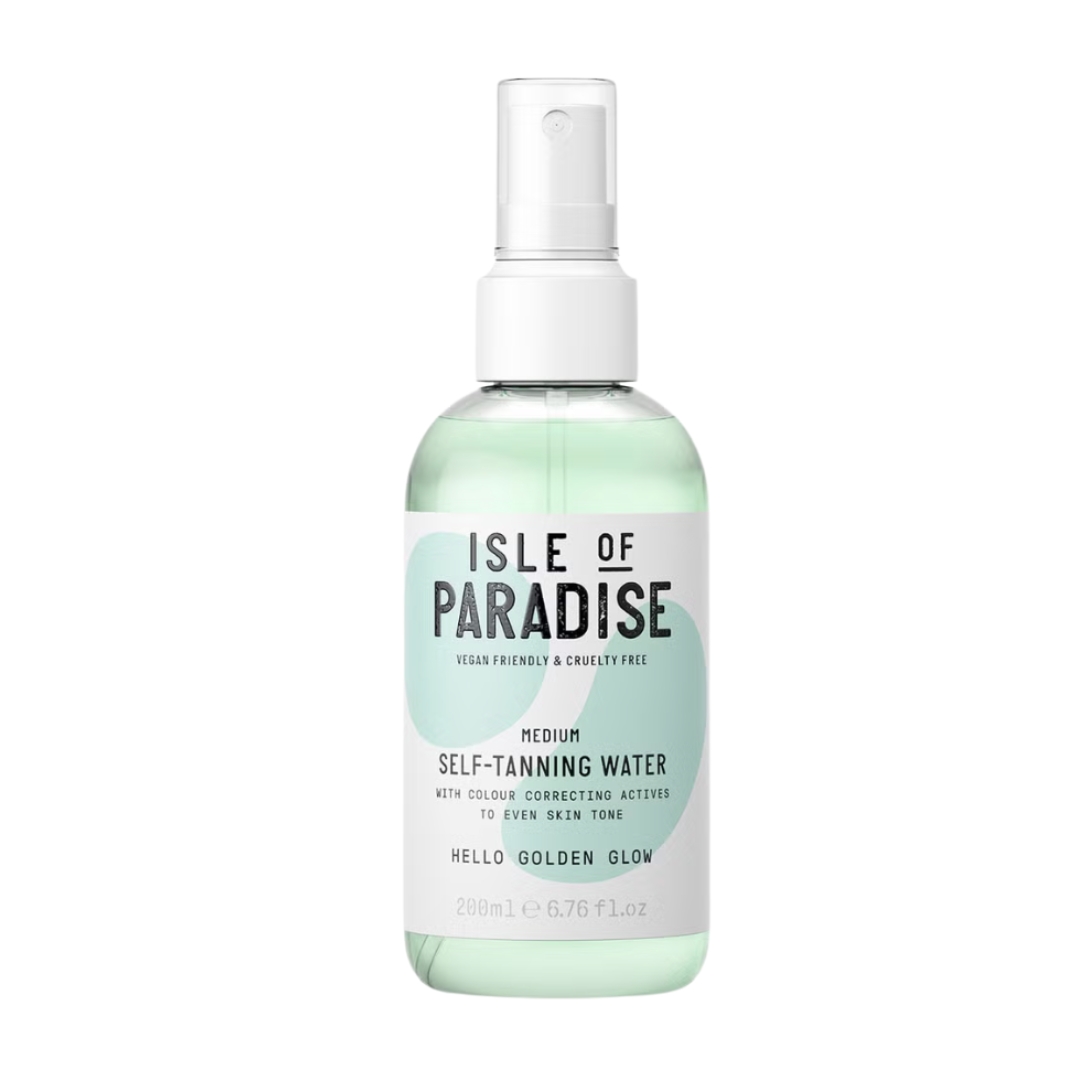
RRP: £18.95
"If you have never self tanned before, I love Isle of Paradise Self Tan Waters," says Jules Von Hep. "Simply spray the waters onto the skin and rub in with your hands (a bit like when you spray an SPF at the beach). Wash hands after use and allow 4-6 hours to develop. With no guide colour there will be zero transfer onto bed sheets." There’s a choice of three shades, including an excellent light option that's the perfect fake tan for pale skin. You also have the option to buy eco-friendly refill packs when you’ve reached the bottom.
How to prep before fake tanning
Wondering is fake tan bad for your skin? The short answer is, not if you prep properly. The more you invest in prepping for your tan, the more hydrating, natural and long-lasting the results will be. "The biggest mistake people make is not spending enough time preparing their skin for a sunless tan," explains Amanda. "We prep our face before makeup, and our hair before styling, so why not prep the skin before tanning? Tanning is no different, and this gives the best results." We’ve broken down the prep into three essential parts:
Exfoliate: "Exfoliate the morning or evening before the tanning process, as this will allow your colour to develop to its darkest on the skin," explains James Harknett. If you apply tan to skin that hasn't been exfoliated, it will only colour the dead skin cells, leaving you with a patchy finish. "The tanning agent DHA, works with our skin cells and can easily grab on to more stubborn, built up and dry skin. Pay special attention to elbows, knees and backs of the heels when exfoliating."
Whether you exfoliate with a dry brush, a grainy scrub or an acid is up to you, but a long soak in the bath is the best way to start the process. "Ideally, enjoy a warm 30-minute bath the day before you tan," advises Amanda Harrington. "This will lift off any unwanted existing tan and gently soften skin for a more effective scrub when you come to exfoliate." Wondering how often should you dry brush to create a smooth canvas for tanning? Most experts recommend a little and often approach, a few times a week.
Hair removal: "Ensure you wax or shave any unwanted hair 24 hours prior to tanning," says Amanda Harrington. "Waxing and shaving helps with exfoliation, and doing this a full day before allows enough time for the pores to close again." It also means you’re unlikely to need to remove hair when your tan is freshest too, as shaving, in particular, can take the colour with it.
Prime: Before applying your tan, skin should be free from, "deodorant or fragrance, as well as moisturizers that include oils," explains Amanda. "These break down the tanning ingredient, causing it to separate and go patchy." Instead, stick to simple moisturizers, or ones that are specially formulated for use when tanning.
"You wouldn’t put make up on without a primer so why tan without one? Allow it to absorb into your skin while you apply a thick moisturizer or barrier cream, to your hands, elbows, knees, and feet (including the heels) - if you are fair-haired, also apply some to your hairline and eyebrows," says Jules Von Hep. Wondering what is barrier cream? These rich moisturizers help protect your skin's barrier layer, as well as provide a physical barrier to stop self-tan from overly absorbing. Clever.
"Dry areas, such as hands, cuticles, elbows, knees, feet, heels and any areas with psoriasis or eczema, will absorb self-tan more than other areas," Jules continues. "Therefore, adding an aloe vera base will act as a blending agent—preventing the tan from going too dark in these areas, while blending the color with the rest of your application."
How to apply fake tan
For a professional tan at home, St Tropez’s tanning expert Michaella Bolder recommends focusing on one area at a time, starting with your upper body and working down to your feet. "Start with one arm, working in long, circular motions to get a flat and even finish. Then repeat this process on the other arm, chest, tummy, legs and back." A mitt is the quickest way to tan your body, but a brush will offer a more diffused finish, as well as flexibility to get into the nooks and crannies of areas such as your knees and feet.
Of course, some body parts are trickier to tan than others, especially the wrists, where tan tends to gather. "When tanning the inner arms, start by sweeping your tanning mitt from the top of the underarm and disperse towards the hands," advises James. "As the tan sweeps towards the wrists the colour graduates, leaving a lighter finish towards the cuff. Do the same towards the hands, or just use minimal product blended with a gentle moisturizer." We’d recommend never using a fresh pump of product on hands and feet, instead colouring them with the excess left on your brush or mitt. The result is more natural, less orange.
Wondering how to self tan your face in a way that looks natural? One of the biggest giveaways of a bottle-given glow is pale ears, so don’t forget to give them a light dusting of colour too. "Take a short fiber kabuki brush and lightly buff off the excess from your face, before sweeping around your ears," says Jules.
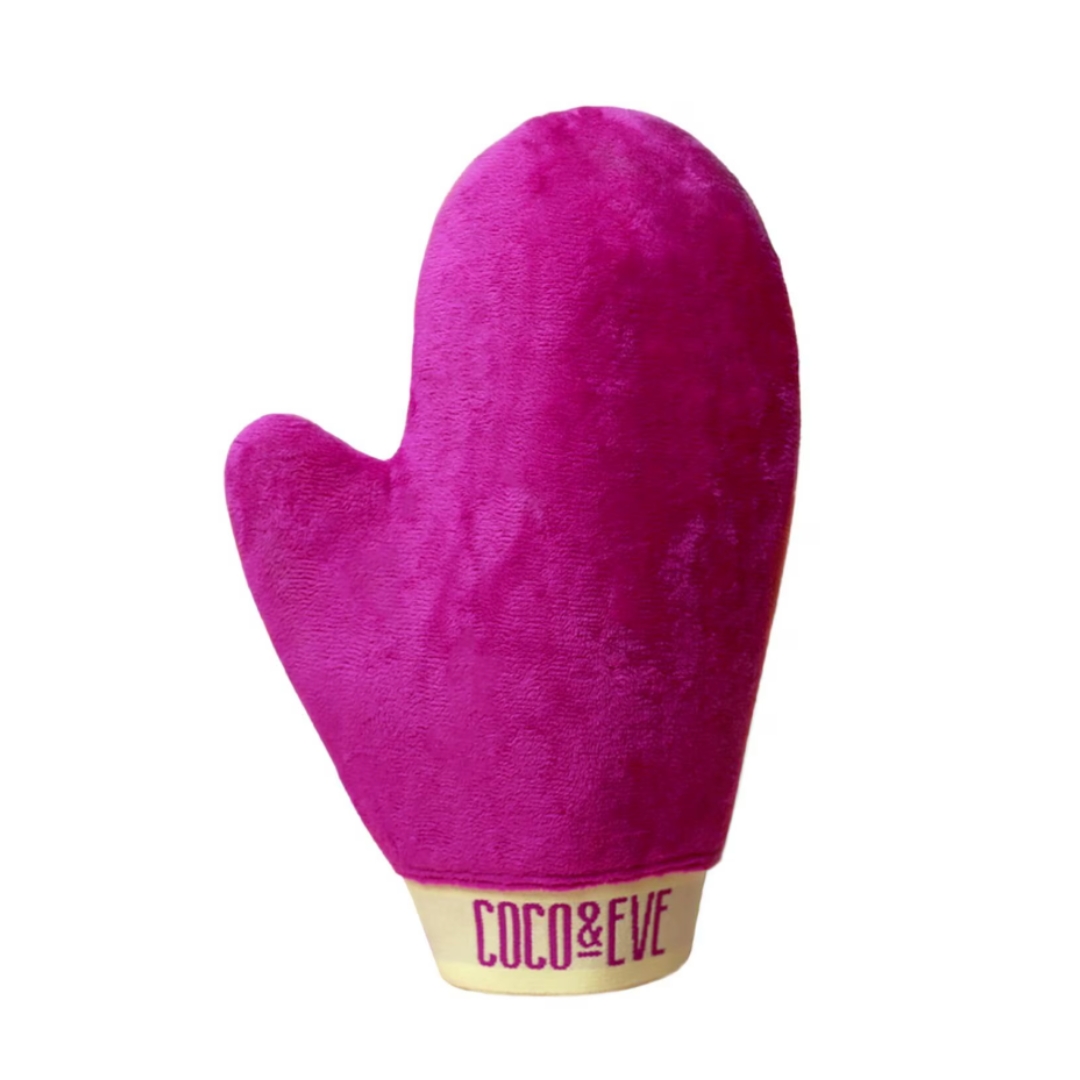
RRP: £12
A good tanning mitt can be harder to come by than you might think. This one is not only long-lasting, but double-sided, incredibly soft, and as good and blending the best instant tan as it is a fine mist or gradual lotion. Rinse with warm water after use.
How to maintain your fake tan
Two of fake tan’s biggest enemies are oils and warm baths. They’re great if you want to remove fake tan, but not if you want to hold on to that hard-earned glow.
"To keep the tan looking fresh and glistening on the skin, keep showers cool and quick," explains James Harknett. "Pat [rather than rub] the skin dry and moisturize. On warm days, sprinkle a little talc on joints, such as the inner elbows, back of the knees and around the breasts. This will create slip and movement so that fabric won’t get warm against the skin and start to tear away at the tan. This tip is also great on sports bras, to stop the tan shedding too early due to perspiration."
"My number-one tip to prolong the life of your sunless tan is hydration," adds Amanda Harrington. "When your skin is hydrated your tan will look more radiant and fade more evenly. Oil breaks down your tan so opt for a hyaluronic-based body moisturizer. Avoid retinol or any enzymatic skin care as these can accelerate the fade time of tan on the face and body."
woman&home thanks James Harknett, Jules Von Hep of Isle of Paradise, and Amanda Harrington for their time and expertise.
Jess Beech is an experienced fashion and beauty editor, with more than eight years experience in the publishing industry. She has written for woman&home, GoodtoKnow, Now, Woman, Woman’s Weekly, Woman’s Own and Chat, and is a former Deputy Fashion & Beauty Editor at Future PLC. A beauty obsessive, Jess has tried everything from cryotherapy to chemical peels (minus the Samantha in Sex and The City-worthy redness) and interviewed experts including Jo Malone and Trinny Woodall.
- Naomi JamiesonDigital Beauty Writer
